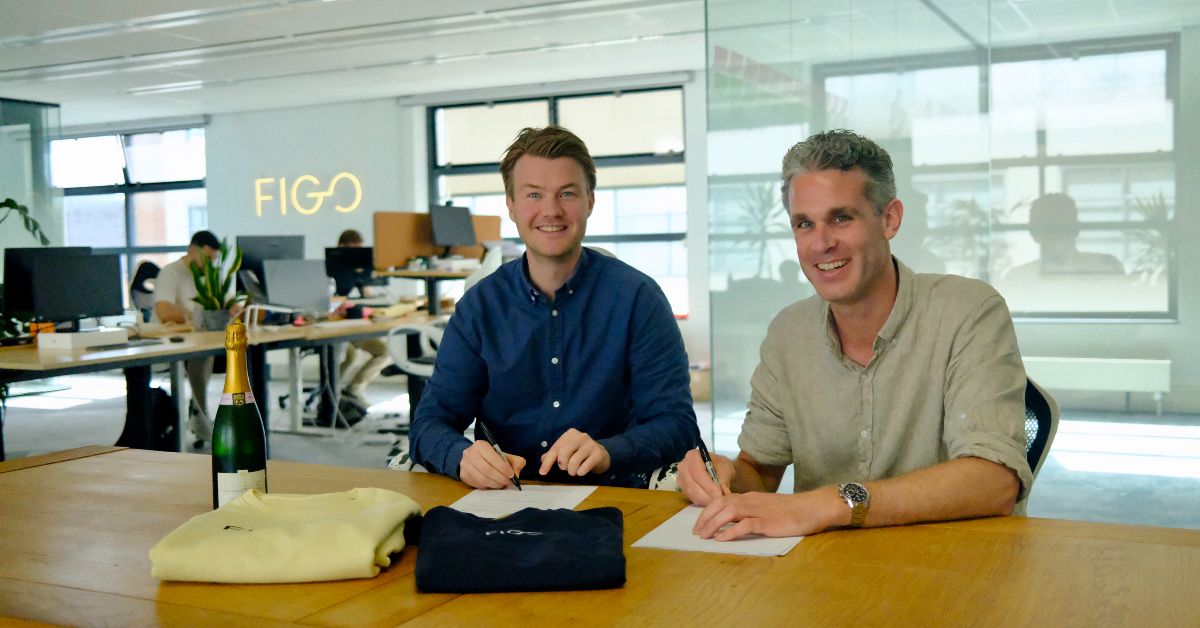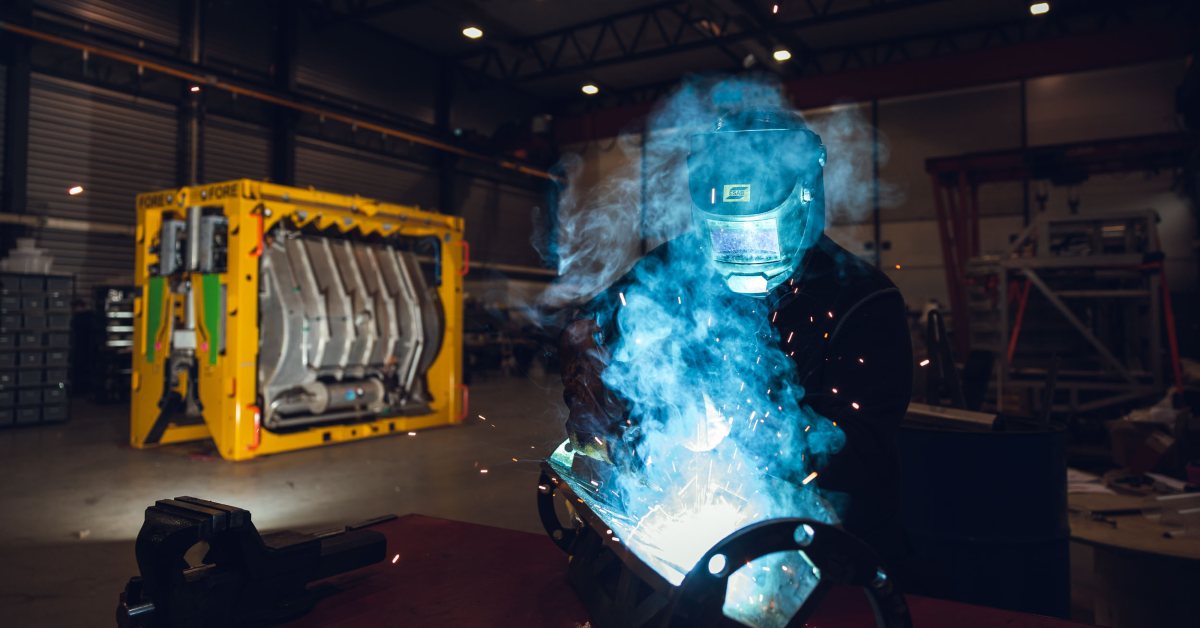The coronavirus outbreak will likely have an impact on early-stage venture investment in tech startups, but the European investors and industry professionals are optimistic.
Do follow our special coverage on coronavirus over here.
New deals are still happening!
We asked Patrick Polak, Managing Partner, Newion Investments if new deals were still happening? He replies, ”Yes of course! All professional funds are open to doing new business and invest in promising companies. Obviously, COVID-19 has an unprecedented impact on all of us: families, employees, companies, and investors. Although every investor is very much involved today to re-assess their existing portfolio on the impact, we all have long term views. At Newion, we partner up with entrepreneurs for 7 or more years. And VC’s are being paid to invest, to make a return. So, sitting on your hands won’t help here. It cannot be denied that the current crisis heavily impacts our outlooks and our growth models. But we must not forget that good and robust business models will remain valuable, although it is likely that temporarily there will be less growth than originally expected.”
Apart from being the General Manager and founder of the Amsterdam-based VC Newion, Patrick Polak was the first investor in Collibra, the data intelligence startup from Belgium which raised a massive funding round this week. The unicorn startup raised $112.5 million (approx €104 million) in funding round doubling the company’s unicorn valuation from last year to land at $2.3 billion (approx €2.1 billion) and bringing total venture funding to $345.5 million (approx €320 million).

On this Polak adds, “Newion continues to invest since our core investment focus is based upon the trend — Digital Transformation. We won’t use less data or less software in the future. We have enough dry-powder to invest in new companies and support our existing portfolio companies. Our team consists of very experienced and down to earth people. And maybe growth takes a little longer, so what?”
At the same time, San Francisco-based early-stage venture fund and seed accelerator, 500 Startups surveyed investors to find out the impact of COVID-19 on the early-stage startup investment climate. The majority of respondents identified as a venture capital firm (40%) or an angel investor (35%) noted that the COVID-19 healthcare crisis is having an impact on investment activity or plans. While many of those surveyed have not yet decided how they will change their investment strategies, 26% will continue the investment allocation planned prior to the COVID-19 outbreak. When asked how long-term investors believe the impact of COVID-19 will last for the early-stage investing community, most believe the impact could last between one and two years.
However, some categories are massively benefiting from the virus, such as healthtech and remote working solutions.
Commenting on the matter, Tim Chae, General Partner at 500 Startups says, “We know that this health crisis will, unfortunately, hurt investment: in our survey, 32% responded COVID-19 will have a negative impact and 36% answered it will have a somewhat negative impact. And the average investor surveyed believes the impact on early-stage investing of COVID-19 will last from one to two years. But the downside is not the only trend in the picture. Investor interest is rising in specific industries affected by COVID-19, including healthcare (47%) and remote work solutions (42%) – industries which will only continue to strive regardless of COVID-19’s duration. With record-level dry powder available from VCs as the result of the highs of VC funds raised from LPs in 2018 and 2019, there will still be deals that get done – still at relatively high figures when compared to the last 10 year average. However, we expect overall global early-stage VC deployment to be reduced by 25-33% from 2019 figures for the remainder of 2020 and into the first half of 2021.”
Not all will be negative in early-stage investment climate in 2020 and 2021
With the pandemic, startups around the globe have been left scrambling to adapt. In addition to moving to fully remote work, startups are wondering what the future of early-stage investment holds during this crisis as well as in its aftermath.
On this Chae says, “Before addressing the current situation, it’s important to note that there was a record number of VC funds raised in 2018 and 2019. The majority of these funds are still in their active investment period, and many may continue to make investments for the rest of this year and into 2021, assuming typical active-investment periods. In the past two years, we’ve seen historic levels of active seed and Series A funds, which means it’s not all negative news for capital availability at this point.
However, investors must now navigate market changes as well as the pandemic’s effects on a global scale, which may impact investment activity. VCs now have to not only meet founders remotely, but they also have to make decisions among the firm remotely, which could contribute to the slowdown in investment. I believe the slowdown may continue at least for the next two-to-three months due to the adjustments these VCs have to make. And while there is capital available, founders have to take time to consider the next steps.
The true impact of COVID-19 and the current market fluctuations may be felt more in 2021, which means startups should prepare now. As TechCrunch reports, there may be less active funds in 2021, as total funds raised in VC for early-stage may take a large step back from the record highs we saw in 2018 and 2019.”

Further when contacted, Sebastian Schaal, founder of German AI startup — Luminovo which scored over €2 million in a pre-seed financing round this week — to ask what are VCs interested in at this point of time, he says, “The amount of money in the market has not changed, but the view on approaching the game. Often, there was the “new is always better” attitude, where everyone was desperately hunting for the next big thing – especially the early-stage funds. Their model works that way: small tickets have to have the potential to return the whole fund. However, now most funds are first looking at their own portfolio, assessing who would suffer the most from the crisis and need extra capital. Where before you could bet on external funds following-on, it might now be likely that you have to do an internal route.”
Timon Ruban, co-founder of Luminovo adds, “I don’t think their interests have changed, but maybe the risk aversion has increased a little. And while Uli Hoeneß is hoping for the transfer fees of soccer players to drop after the Corona crisis, there might be a self-fulfilling prophecy of VCs wanting to pay lower valuations in the time to come. The difference between VCs and soccer clubs is that many soccer clubs are actually suffering big losses, whereas most VCs are working with funds that have been closed before COVID-19 came along. In general: the nature of the game–looking for strong teams with good ideas in interesting industries–has not changed.”
Founded in 2017, the Munich-based AI company has recently raised over €2 million in a pre-seed financing round with support from venture capital firms including Cherry Ventures and La Famiglia. The tech startup aims to redefine how electronic circuit boards are brought from an idea to market.
“Great startups are born regardless of the cycle”
They say great ideas always work and this is what the investors believe in and are putting their money on. When we asked Patrick Polak whether they will be investing in technology startups during the pandemic?
Polak says, “First of all, investing in early-stage companies is in our DNA. Since 2000, we have invested in many early-stage companies. We understand their challenges, we have developed a methodology to support their growth in an efficient way, and we have specialised in B2B software. Investing in these companies sits deeply in our core business. It is very risky, all companies are very vulnerable, but over the years we have joined many entrepreneurs on their exciting and successful journeys.
Like with the start of any crisis, the immediate reaction is to investigate your “here and now” situation: Save what you have, careful where you post your next steps. But I had the privilege to be invited to join a couple of companies at an economic downturn in 2001 (internet bubble) and 2011 that proved to be multiple fund returners for us, many years later. Investing in early-stage companies always was and remains a game of long-term perspective. We understand this, we have the strategy to make this work.”
Chae is also very optimistic about the situation says, “If you look at the survey results from last week, 53% of respondents will invest in the same stages as planned prior to COVID-19 but close to 75% of interviewees shared with us that they will invest less than planned. This means that for all new investments that are not already well engaged, we are anticipating less funding available starting now and for the next 6 to 12 months at least.
As I said in my talk during our 500 Digital Demo Day, these are truly unprecedented times, but great startups are born regardless of the cycle. Some of the startups that you see today will become our next unicorns and centaurs. Because of this, at 500 Startups, we will continue to invest in more than 100 companies globally this year.”

When asked, as a founder of a tech startup, what is the best thing to focus on right now, Timon Ruban from Luminovo says,” For us, it is all about user testing and building out our product. The timing is very fortunate since building a great product and finding product-market fit is not really influenced by any potential economic downturn.”
Lean startups will come out as winners
In these tumultuous times, investors recommend that startups stay vigilant in resource allocation. COVID-19 will impact early-stage investment, but no one knows for how long its impact will last. Given these unknowns, startups should consider reducing cash burn and adopting lean startup methodologies. While many startups may have already made 2020 roadmaps, it’s time to re-evaluate plans and reduce expenses. At the same time, startups should maintain a focus on customer requirements.
Chae notes, “Now is the time to keep the spotlight on the customer, consumer needs, and consumer demands. Your product should revolve around them, so be wary of making any changes or pivots that could negatively impact their experience. Your startup should fit a consumer need and gap in the market, so stay on that track and continue to measure KPIs that show customer satisfaction in your product or service. Focus on providing pain killers, not vitamins. In any economic downturn, non-essentials are often the first to be dropped by customers. It is more important than ever for venture-funded companies to become an actual business and build on revenue.
To prepare for a downturn in investment, cut the low-hanging fruit. Unnecessary costs and spending should be evaluated and eliminated at this point. Because investment will likely slow down significantly next year, startups will need to increase their runway to last longer than expected. How would your business operate if there was no injection of new capital for the next 18 months? That’s how you should be thinking about your business today.
While we don’t know the exact investment projections for the next two years, I suggest that startups plan on an altered investment climate for the next 24 months. Preparing for this now will help companies stay afloat if capital availability wanes.”
Polak notes, “As with any fundraising: prepare well. Provide as much as possible evidence of the growth model you are projecting. Do not over-ask on amounts: take what you can get to get to the next level. Work with professional VC’s that could also fund you in the next rounds and have access to additional VC’s.”
Main image credits: Romolo Tavani/Shutterstock
Stay tuned to Silicon Canals for more European technology news










01
From telecom veteran to Dutch Startup Visa success: The Jignesh Dave story